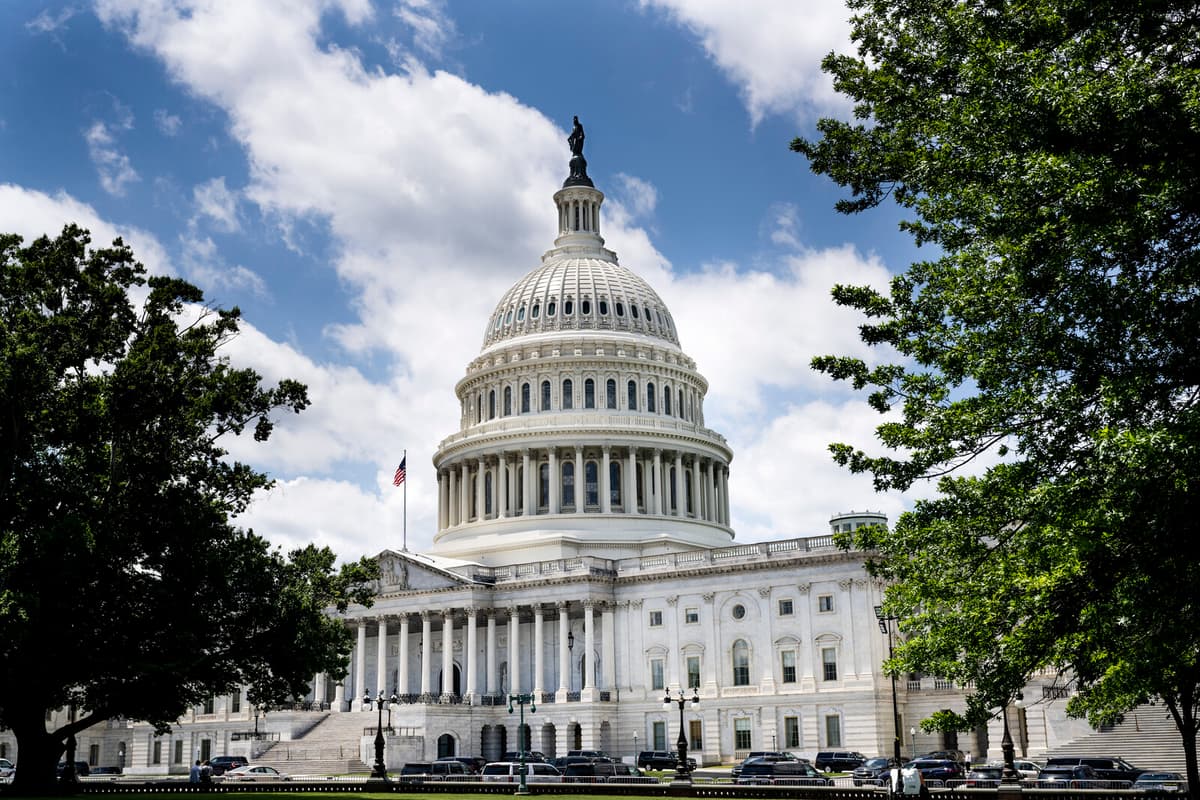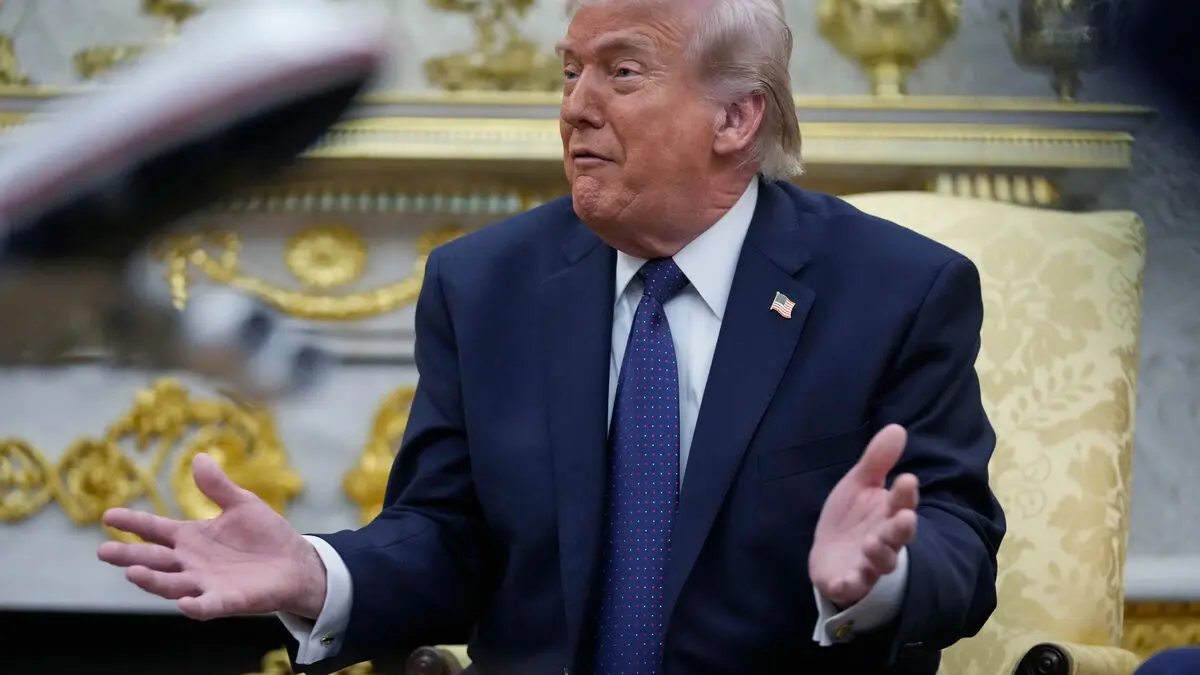The final vote came after a heated debate and many additional votes – a process that had been going on for over a day and was marked by quarrels and defections. The decisive vote was cast by Vice President JD Vance, who is also the chairman of the senate. Three Republican senators voted against the budget proposal: Rand Paul, Thom Tillis, and Susan Collins.
Trump himself has called his budget "big and beautiful". After the result became clear, he writes on his social media platform Truth Social that the budget no longer belongs to the senate or the house of representatives, but "is everyone's budget".
"There is so much to be proud of, and EVERYONE got a big political win – but the biggest winner of all will be the American people" who, according to Trump, will among other things get lower taxes, higher wages, secure borders, and a stronger military.
Increased national debt
The budget proposal evokes strong emotions in the polarized USA. It proposes that the tax cuts for mainly high-income earners, which Trump introduced during his previous term, become permanent. It also includes major investments in defense, measures against illegal migration, and strengthened border security. Tax on overtime and tips is abolished and the ceiling for national debt is raised.
To finance this, drastic cuts are made in the state health insurance Medicaid for low-income earners and people with disabilities. The program for state food stamps is also reduced. And predecessor Joe Biden's climate regulations and investments are repealed, including support for the electric car market.
The Congressional Budget Office, a politically independent body in the Capitol that reviews all budget proposals, has found that the Trump budget increases the US national debt by $3,300 billion. In addition, it is reported to pose a risk that 12 million Americans will lose their health insurance.
Re-election at stake
The latter has made some in Trump's own party, the Republicans, hesitant. Some want to have a minimal state apparatus and reduced national debt in principle. Others come from states where the cuts in health insurance would have enormous significance, where their own chances of re-election are at stake.
The budget now goes to the house of representatives, which must also approve it. The president has said that he wants to sign the budget on the US national day, July 4.






